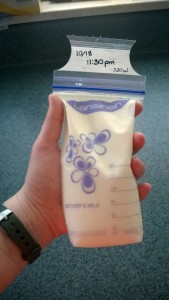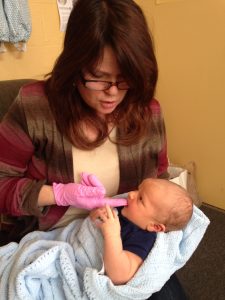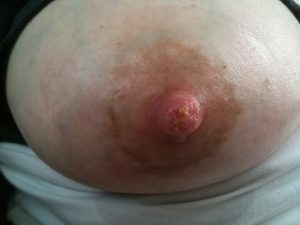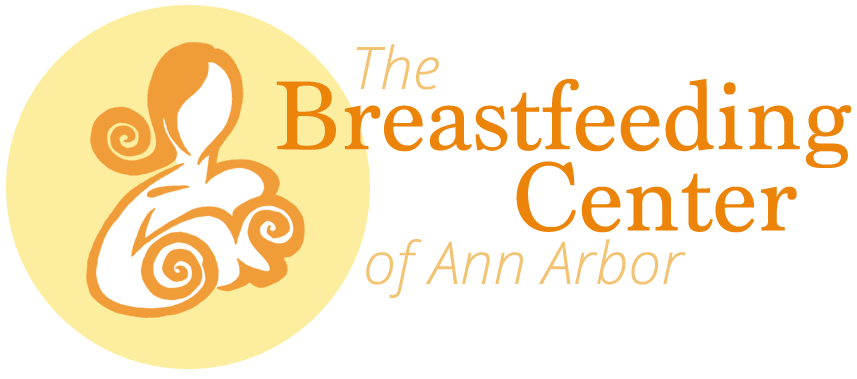How about this for a starting point, “Scientists know more about what’s in a tomato than what’s in human milk, according to Katie Hinde, a lactation researcher and associate professor at Arizona State University. (And we know twice as much about erectile dysfunction.)”

Are you joking? I wish. We haven’t even IDENTIFIED all of the ingredients in breast milk. Let alone the nuances for the act of breastfeeding. For something that is promoted world wide as the healthiest food for babies, this is astounding. If scientists don’t understand it, how are the health care providers supposed to support it?
I am going to take an educated guess as to why breastfeeding is still so much of a mystery. In my opinion, it is all about the money. There is really only money to be saved if you breastfeed, not money to be made. (Back to that erectile dysfunction. I’m just saying…) Sure, a nursing bra here or there, or an individual such as myself making a few hundred dollars. But large corporations who have the money for research can’t really get in on this market. The big exception to this are pump companies. Medela has a whole arm of their business that researches, well not really breastfeeding, they research pumping. Makes sense.
We are lacking research on most areas of breastfeeding. And medical practices should, ideally be based upon research. This is where the “art” of breastfeeding comes into play.

As a clinician, I use whatever research is available but then I have to look to expert opinion, my colleagues, and my own clinical experience. I have been working with mothers and babies for over 19 years now and believe me, I have seen a thing or two! It is expensive taking myself to conferences, buying books, attending webinars but I have to keep doing this until the mystery of breastfeeding is unraveled. Fortunately for me I am a life long learner so I look at this as a challenge!
Now back to what we know and don’t know about breastfeeding and how this impacts your ability to breastfeed.
One of the biggest reasons parents stop breastfeeding is due to breast feeding pain. This can be breast pain, nipple pain, or both! If you go to your doctor because your ear hurts they will take a look and make whatever suggestions they can within their scope and level of experience. Depending on the level of pain they might want to hear back from you in a day or two or a week. If the pain is out of control, I bet they will send you to a specialist, an ENT, Ear Nose Throat doctor, ASAP! The over all idea though is that ears are not suppose to hurt and we need to resolve this.
However, with breast feeding pain, somehow having pain in your breasts/nipples is considered normal. This false hood is strong in our culture. Let me clear this up now: BREASTFEEDING SHOULDN’T HURT. This myth in our culture is hurting so many mothers! Unlike using our arm, breastfeeding is consider expendable. If a child isn’t walking at an appropriate age, we don’t just give them a wheel chair, we figure it out.
Also, returning to the arm analogy, if you do a new exercise, say yoga, you might expect your arm to be a little sore for a few days. With breastfeeding, a new activity, it is consider normal to be a little tender. Sensitive. But in major pain that doesn’t go away? That causes cracked and bleeding nipples? This is not normal. Here is a podcast about breast feeding pain that might be helpful.

Unlike many breastfeeding topics, we actually have a decent amount of research of breastfeeding pain. We have guidance to help us figure out if nipple pain is due to bad latching, yeast (thrush), vasospasms, or a bacterial infection! Listen to one of our podcasts on pain to get more information. Sadly, many practitioners are not up to date on the latest research and are still using old school theories as to why mothers are in pain. Doctors need to know all about babies. Breastfeeding is a sub-specialty that most do not have time to keep up with on a day to day basis.
What are parents suppose to do? My suggestion, if you are in pain over a level of tenderness, if you pain is not getting better quickly, or you have a visible symptoms of pain (cracked or bleeding nipples!), get help from someone who is well qualified to help you. You might have a great doctor in your area that specializes in breastfeeding. When you see mothers successfully breastfeeding, ask them if they needed help and who was that person in your area. Ask on Facebook who is the person in your area that is helping parents reach their breastfeeding goals?
I admit that I am a breastfeeding nerd. I am also a life long learner. This combo keeps me on my toes! You want someone who has these qualities or else they are probably going to be behind the times.
While what’s in breastmilk is still a mystery, resolving breast and nipple pain doesn’t have to be. If you are in the Ann Arbor area feel free to call us, 734-975-6534, or email, barbara@bfcaa.com.
